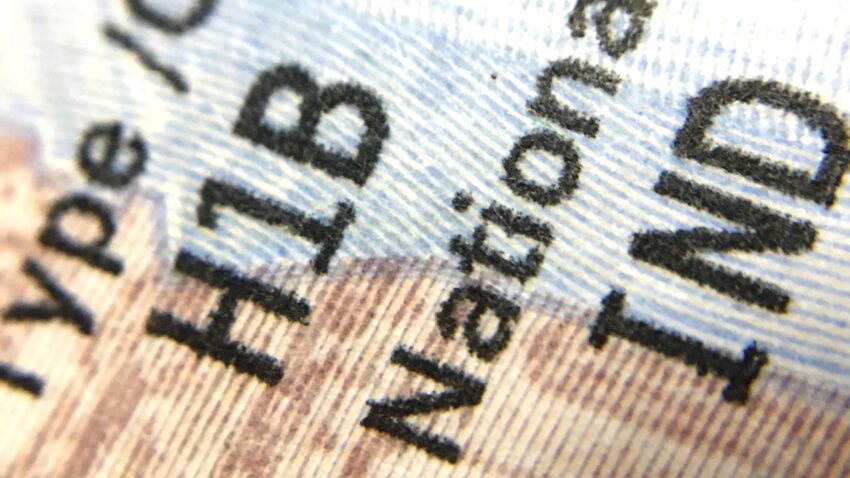Washington, D.C. — August 11, 2025 — A sweeping change to the H-1B visa program is moving forward after the White House’s Office of Information and Regulatory Affairs (OIRA) approved a proposed U.S. Department of Homeland Security (DHS) rule that would replace the current random lottery with a weighted selection system. The updated process would prioritize H-1B applicants based on specific selection criteria such as wage levels, educational attainment, and job skills.
Under the proposed framework, H-1B petitions offering higher salaries or requiring advanced qualifications would be ranked above lower-wage, entry-level roles. According to U.S. Department of Labor wage tiers, Level 4 (highly specialized, senior positions) would receive the highest priority, followed by Level 3 (experienced workers), Level 2 (qualified workers with some experience), and Level 1 (entry-level positions). Advanced academic credentials, such as U.S. master’s or doctoral degrees in high-demand fields, could further strengthen an H-1B applicant’s chances.
The change marks a major departure from the long-standing computerized lottery used when H-1B applications exceed the annual cap of 85,000 visas — 65,000 for general applicants and 20,000 for those with advanced U.S. degrees. A similar wage-based plan was attempted in 2021 under the Trump administration but was withdrawn by the Biden administration and blocked in court.
Supporters argue the system would attract more highly skilled H-1B workers and boost U.S. competitiveness, while critics warn it could disadvantage startups, nonprofits, and small businesses unable to offer top-tier salaries. “If the selection process prioritizes employer size or wage levels, large corporations could dominate the pool,” said Husain Tinwala, president of upGrad Rekrut. “This could affect innovation and diversity in the U.S. workforce.”
Indian nationals remain the largest H-1B beneficiary group, with roughly 207,000 approvals in FY 2024. Analysts say the proposed changes could influence career and education choices for thousands of Indian students and professionals pursuing U.S. opportunities in STEM and other high-demand sectors.
Mandatory In-Person H-1B Renewal Interviews Return
In a separate announcement, the U.S. Department of State confirmed that starting September 2, 2025, all H-1B visa holders — along with other nonimmigrant visa holders — must attend in-person interviews in their home countries to complete H-1B visa renewals. This reverses the interview waiver policy that had allowed certain renewals without travel.
The policy change is expected to significantly affect Silicon Valley and other U.S. tech hubs. Between 2021 and 2024, the Bay Area ranked second nationally for H-1B approvals, with over 39,000 of the 78,000 newly approved H-1B workers in the region in 2024 alone — the majority from India.
Because H-1B visas are typically issued for three years with one possible three-year extension, thousands will now need to travel abroad for H-1B renewal. Immigration attorney Audrea Golding of San Jose cautioned that the requirement adds costs, delays, and potential work disruptions. “Some workers could be stuck abroad waiting for visa processing before returning to their jobs,” she said.
Only applicants under age 14 or over 79 are exempt from the H-1B renewal interview mandate. Experts say the change could cause staffing gaps for companies heavily reliant on H-1B talent.
What’s Next for H-1B Applicants
The DHS proposal will be published in the Federal Register, followed by a 30–60 day public comment period before any final rule is enacted. Together, the wage-based H-1B selection criteria and renewed in-person H-1B renewal interview requirement represent one of the most significant overhauls to the H-1B process in years — combining a more selective talent pool with stricter procedural compliance.




